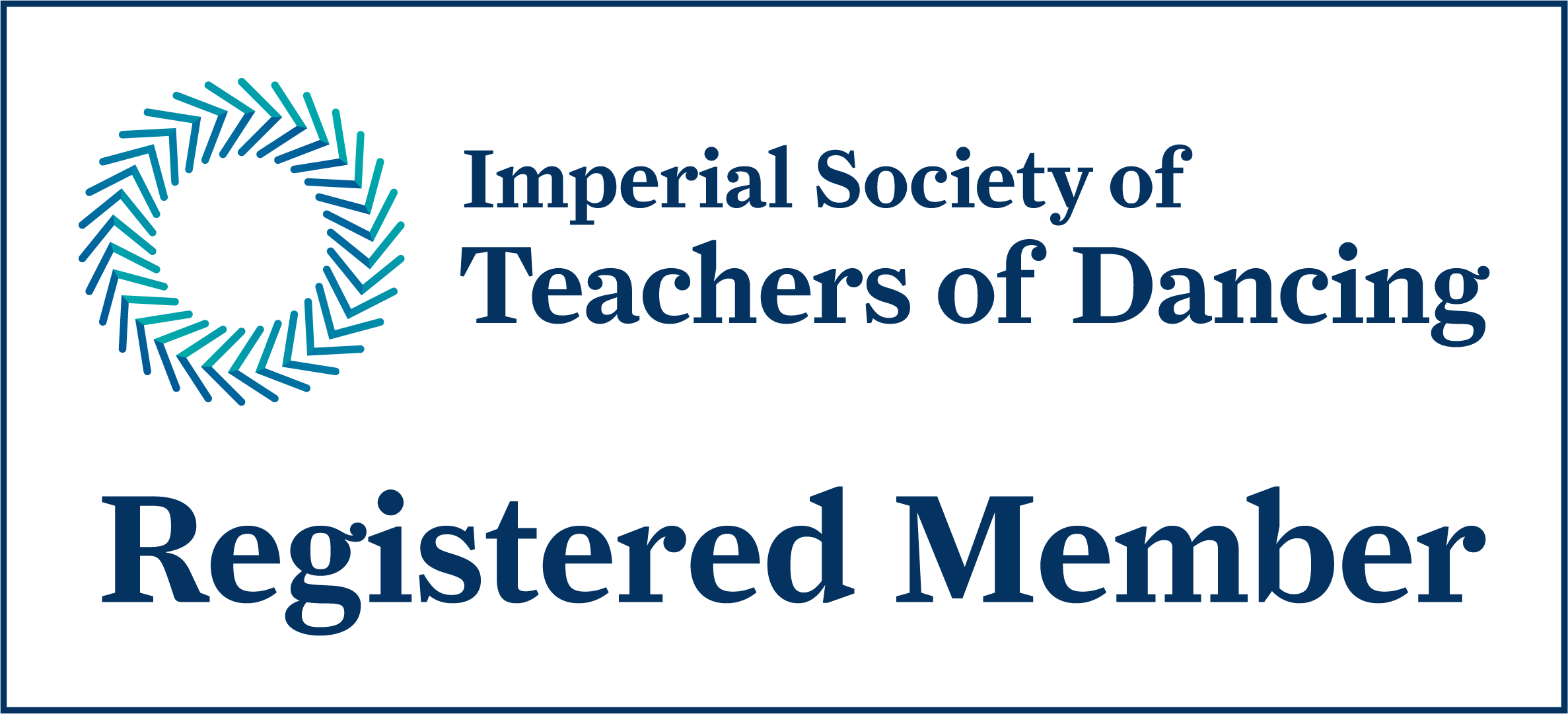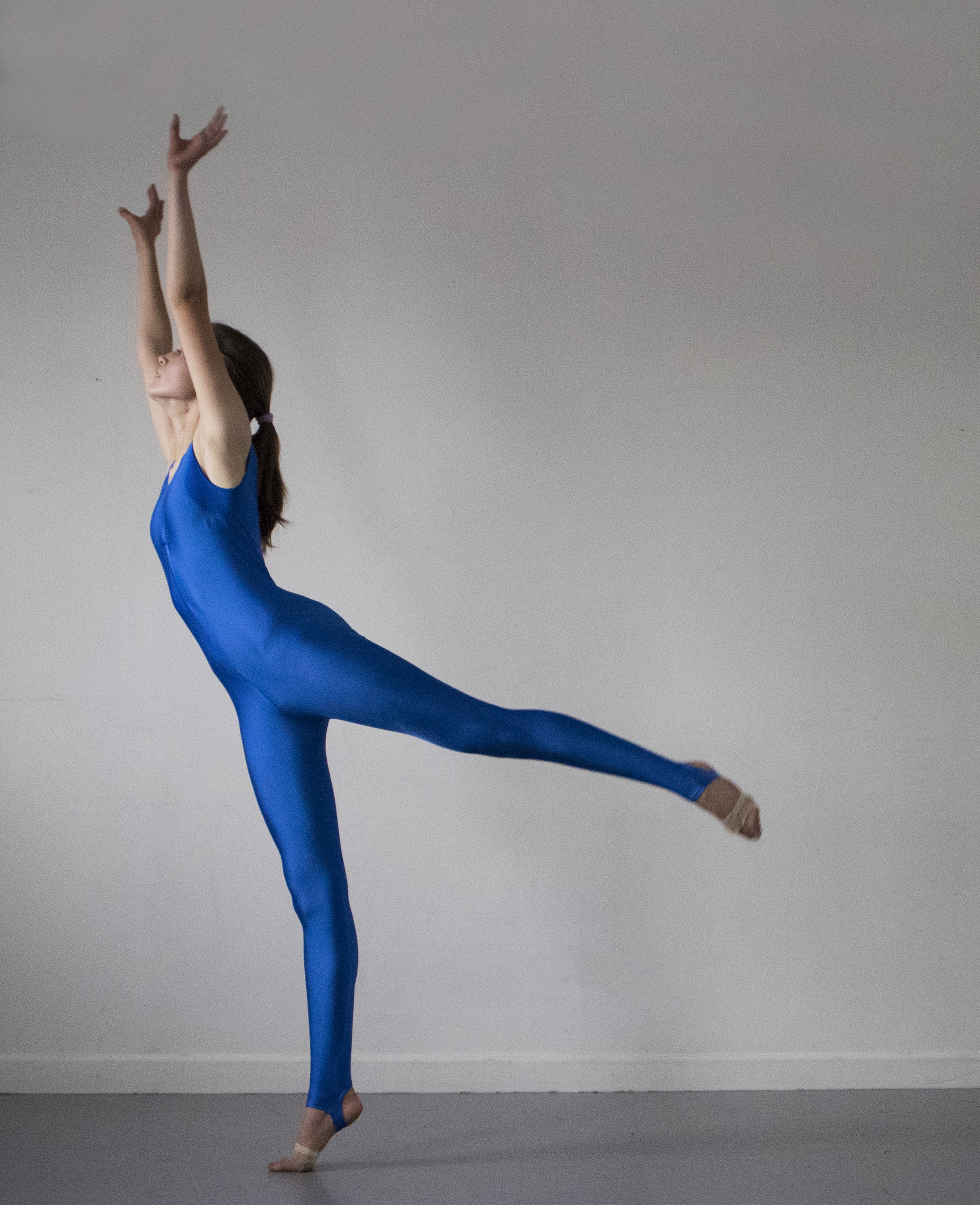ISTD Examinations & Medal Tests Information
Summer and Winter Exam Session - future exams dates to be confirmed 
Colours of Dance trains Tap pupils to a standard suitable for entry to the Imperial Society of Teachers of Dance examination & medal test syllabi. Teachers will determine when each pupils is ready for examination or medal test, but a general description of what qualifications the examinations provide is given by the ISTD and copied below for convenience.
The Imperial Society of Teachers of Dancing (ISTD) is one of the world’s leading dance examination boards. The ISTD is arranged as a series of Faculties, setting medal tests and examinations as is best suited to students of different dance genres. Each Faculty sets its own syllabus and standards, trains students and teachers through their curses and competitions, within an overall framework set by the board.
The ISTD achieved Government recognition in November 2000 through the Qualifications and Curriculum Authority (QCA) and was further recognised to operate in the Qualifications and Credit Framework in 2010 by the Office of the Qualifications and Examinations Regulator (Ofqual). Ofqual is now the successor to QCA as the Regulator for England and for qualifications on the QCF delivered in Northern Ireland, and works in conjunction with the Department for Education and Skills of the Welsh Assembly Government, as the Regulator, which recognises the ISTD in Wales.
 Tap students will be entered for examination when their teacher feels that they are ready, and each grade normally takes approximately 3 to 4 terms of preparation at one lesson a week. We usually run one session of Tap exams a year, and occasionally two sessions - it will depend on when the current students are ready. Tap exams can be taken from Primary to Advanced 2.
Tap students will be entered for examination when their teacher feels that they are ready, and each grade normally takes approximately 3 to 4 terms of preparation at one lesson a week. We usually run one session of Tap exams a year, and occasionally two sessions - it will depend on when the current students are ready. Tap exams can be taken from Primary to Advanced 2.
The Medal Test system is different to examinations, and applies to all Streetdance classes here. The medal tests also define which category a candidate participates in at competitions, along with their age. Under 12s are 'Juniors' and 12 and above are 'Juvenile'. Students can start taking medal tests from age 4 to adult and the levels are as follows:
Under 6s - Under 8s - Social One Dance Test (SODT) - Social Dance Test (SDT) 1, 2, 3, 4 - Pre Bronze - Bronze - Silver - Gold
At all levels except the SODT, two dances are shown and examined. At all levels except the SODT, there are 4 medals that may be gained before moving on, although not all medals are required at U6 and U8 in order to move up. You have to have achieved all four SDT medals 1-4 in order to progress to Pre-Bronze.
For more information about ISTD examinations:
If you have any other questions, please speak to your teacher or to the Principal.


 Tap students will be entered for examination when their teacher feels that they are ready, and each grade normally takes approximately 3 to 4 terms of preparation at one lesson a week. We usually run one session of Tap exams a year, and occasionally two sessions - it will depend on when the current students are ready. Tap exams can be taken from Primary to Advanced 2.
Tap students will be entered for examination when their teacher feels that they are ready, and each grade normally takes approximately 3 to 4 terms of preparation at one lesson a week. We usually run one session of Tap exams a year, and occasionally two sessions - it will depend on when the current students are ready. Tap exams can be taken from Primary to Advanced 2.